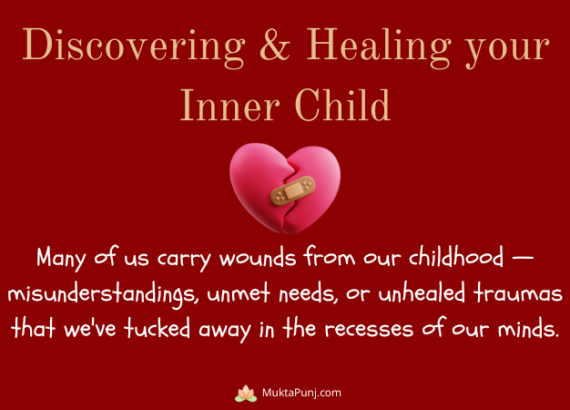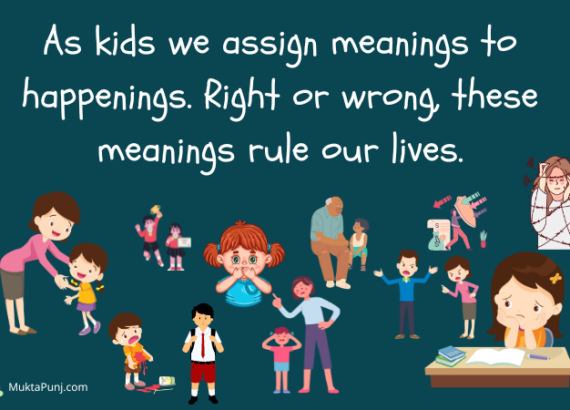The Power of Journaling: Managing Emotional Triggers

Journaling can be a powerful tool for understanding and managing emotional triggers.
What are Emotional Triggers?
Emotional triggers are events, situations, or thoughts that elicit strong emotional reactions such as anger, sadness, or anxiety.
By identifying and examining these triggers through journaling, you can gain insight into your emotions and develop strategies for coping with them.
Benefits of journaling
One of the key benefits of journaling is that it allows you to track patterns in your emotional reactions.
By consistently writing about your feelings and experiences, you can identify common triggers that consistently lead to strong emotional responses. This increased self-awareness can help you better understand the root causes of your emotions and develop healthier coping mechanisms.
Additionally, journaling provides a safe space for you to process your emotions in a non-judgmental way.
By putting pen to paper, you can express and release your feelings without fear of criticism or reprimand. This act of self-expression can be therapeutic and can help you release pent-up emotions, leading to a sense of relief and catharsis.
Furthermore, journaling can help you see situations from a different perspective.
By writing about your emotional triggers, you can gain clarity on why certain events or thoughts affect you so deeply. This newfound perspective can help you reframe your thoughts and develop more positive and constructive ways of interpreting their triggers.
Key Takeaways
In conclusion, journaling can be a powerful tool for understanding and managing emotional triggers. By consistently writing about your feelings and experiences, you can gain insight into your emotions, track patterns in your emotional reactions, and develop healthier coping mechanisms. Through journaling, you can gain a deeper understanding of tyourself and learn to navigate your emotions in a more constructive and empowering way.










